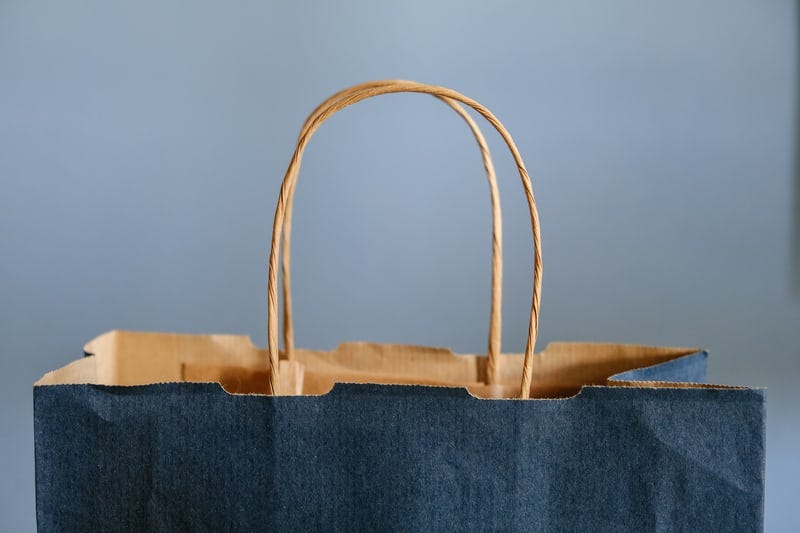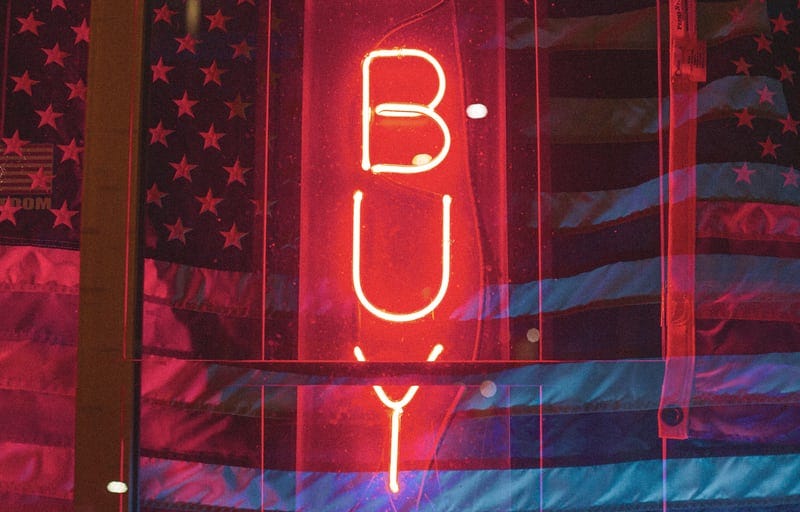Thanks to inflation, $3m is the new $1m. The dollar is eroding our purchasing power and it costs more to buy less.
Although the current labor shortage is enticing companies to boost bonuses, salaries and add additional short life-time perks to attract skilled professionals, overall wages are still stagnant and inflation is eating into them.
But we cannot forget about inflation’s upsides which include:
-Indicates economic activity and prosperity
-CPI index: Consumer spending rise and market back on track from the pandemic, faster than expected requiring the Fed to taper by the end of the year
-Inflation is better than deflation a.k.a recession
-Inflation destroys debt as the dollar weakens and debt disappears
When it comes to consumer staples and necessities in life, there’s only so much one can cut out from their budget to save as much as possible. Scouring the internet or the grocery magazine for coupons more often than not wastes more than what saves you money.
Time = Money after all.
Opportunity cost and choices are essentials to making smart money moves. We all have finite time and limited human capital.
I’ll go as far to say that searching for deals, rates, and discounts are the worst ways to save money.

Hidden in Plain Sight
There’s a lot Americans can ditch out of their daily lives and tummies that can save them more than they know it. After all, consumer spending is near $15 trillion with the average amount per consumer topping $92k. Clearly, we are not heading in the right direction.
It’s becoming increasingly easier than ever to become enticed by everything. At least banks after the Housing Crisis adopted a more stringent loaning procedure for those taking out a mortgage or business loan but when it comes to discretionary items, we are out of control.
From advertisements to low mortgage rates and a fancy degree, we fool ourselves into assuming we will get an immediate reward and investment.
Now don’t get me wrong. Not all of the debt Americans take out is toxic but out of all of them, the ones that are toxic such as credit card debt dampen the debt burden the most.
“Keeping up with the Joneses” is part of our culture. “Buy one get the next one free” is too enticing not to take advantage of. We’re all guilty of falling into the consumer trap. We want it now and tell ourselves we will focus on our weight tomorrow or work on that later.
Overconsumption mixed with severe procrastination leads to cocaine habits and Range Rover lovers.
Clearly we need to be better spenders and it’s harder than ever to do so. Inflation is digging a deeper hole to get our bang for our buck but it doesn’t have to be if we were to cut down these days.
As a frugal minimalist stealth wealth teen, I’ve adopted this lifestyle early on coming from an immigrant household. We only bought what we needed not what we wanted and mainly spent on necessities and boat loads on education. We wouldn’t bother window shopping since we would be out in nature and cooked inside instead eating fresh inexpensive organic vegetables instead of cheap McDonalds. Our lifestyle allowed us to spend less, feel better, be more productive and live longer.
Inflation is just an excuse. You shouldn’t be budgeting to the last penny expecting not to pay more anyway. Overtime, everything gets expensive and you must take that into consideration.
Plus, we really don’t need to spend more if we didn’t want to.
Although you could say home prices are at a 13 year high and rents are rebounding faster than the anti-vaccers are getting their jabs, they are also expensive because we want more! We are buying more land than we need with money we don’t have to impress people we don’t like.
We forget to look at the bigger picture, a few years down the road to if we really need that swimming pool in the yard. Of course it will make sense during lockdown as any renovation and new gadget does but past that point, putting your time, effort and money into something else will be more beneficial if you are complaining everything is too expensive.
You can make your life expensive or not and with more expensive items, causes more trouble and as a result, more money spent to maintain, guard and safe keep it.
Since 1940, the median home value in the United States has increased at an annualized rate of 5.5%. But this is misleading. Homes are significantly larger today, on average, than they were back then.
The average home in 1940 was 1,246 square feet, roughly half of the 2,430 average of 2010. Adjusting for home size, the annualized increase on a per-square-foot basis drops to 4.6%. After accounting for inflation, the average home value has risen by just 1.5% per year.

Bend and Shape It
“Spend until it hurts” is a mantra I enjoy following simply to test myself if I ever go a little crazy with my purchases. Don’t worry, I’m not cheap, only frugal.
Big difference.
This mantra keeps me in check and allows me to gauge the real value of hard work through my earned money. To resist FOMO, I need to keep myself in check because the last thing I want to do is get my credit score down below 790. Not that it’s an obsession, just something that keeps me motivated so I can eventually purchase my 2nd rental property and never spend more than I need. But to be clear, spending less doesn’t entail a miserable life and in fact the opposite. You appreciate what you have when you keep spending in check and are finding ways to build a financially secure life for yourself in the long run.
The truth is, the majority of what we buy is nonsense and won’t apreaicte for us. Focus on necessities, discretionary items at times and save and invest the rest.
Simple but yes, it’s more complicated than that.
If unsure where to draw the line, tap into the 50/30/20 budget method of allocating your income towards different buckets. Ultimately, the more you earn, the more you end up saving since necessities don’t take up much of your salary as opposed to someone earning less.
Yet no matter which income bracket you are a part of, you are always subject to inflation and taxes in some sort of way and progressive taxes are usually the worst. Regressive tax applies to every good and doesn’t discriminate based on income. A Coke has $1.20 tax in NY for a middle income earner as for a top 1% earner.
You can live a beautiful simple life with less. It doesn’t have to be complicated, we are just told it is impossible with all the junk, gadgets, commercials, Insta stories, recurring subscriptions, big backyards and shopping carts available.
What if you didn’t have that shirt or spent a little less?
What would happen?
You can invest that money instead, let it compound and allow you to buy more quality shirts, or anything you wish later on.
Do yourself some good and focus on what you need, what brings joy and gratitude, the Mari Kondo way perhaps, and think hard as to what will really provide you a juicy ROI in the long run to ultimately become the best version of yourself.
And never stop investing in yourself because that can be done entirely for free. We need to stop spending on ourselves, be interested in others not strive to be interesting ourselves.
Focusing on something larger than yourself will always allow you to spend less.

